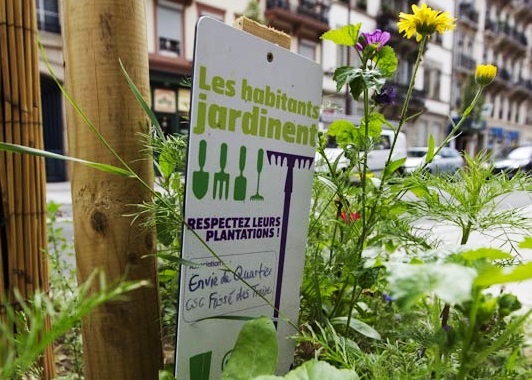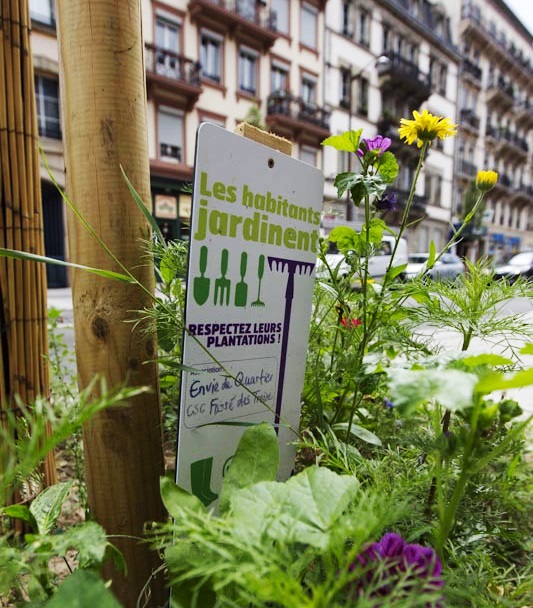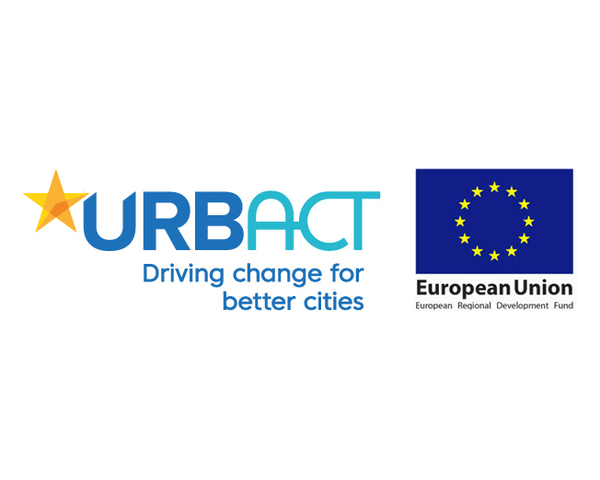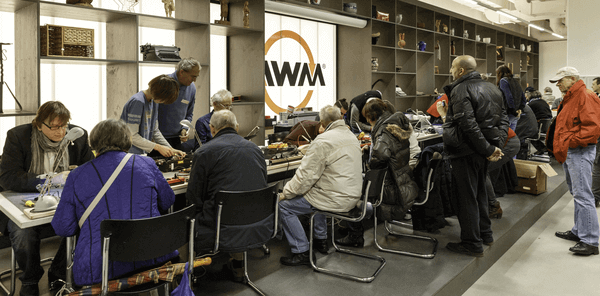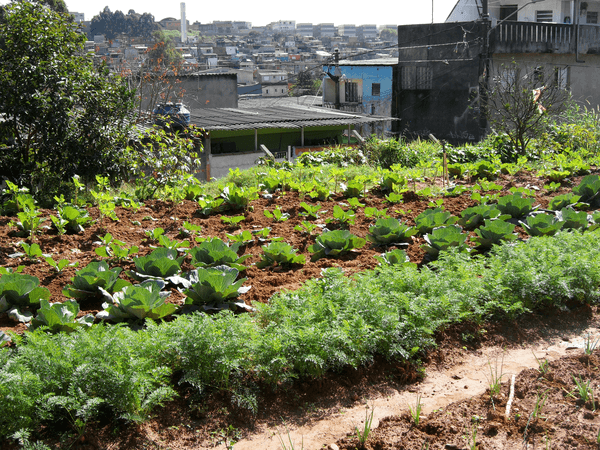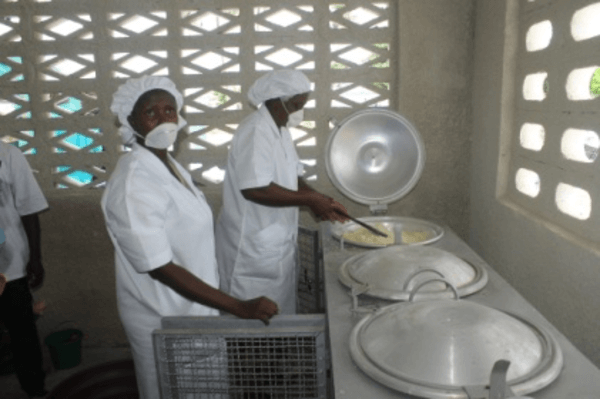Size and population development
Population composition
The population of the City of Strasbourg exceeds 276,000, the largest group of people fall into the 15 to 29 demographic, making up over 28% of the population. The 0 to 14 demographic makes up 17.3% of the population, the 30 to 44 demographic comprises 19.9% of the population, the 45 to 59 demographic makes up 16.6% of the population, the 60 to 74 demographic is 11.1% of the population, while 6.9% of the population is 75 and older. (world population review 2018)
Main functions
Strasbourg is the capital and largest city of the Grant Est region of France and is traversed by the Ill River, which divides and surrounds the Grand Île (Big Island) on which the old town and most of the city’s famous buildings are situated. The island was designated a UNESCO World Heritage site in 1988. Strasbourg is the official set of the European Parliament and is considered the legislative and democratic capital of the European Union, while Brussels is considered the executive and administrative capital and Luxembourg the judiciary and financial capital. Strasbourg is the seat of the following organisations, among others: Council of Europe, European Ombudsman, International Institute of Human Rights, International Commission of Civil Status, Assembly of European Regions and the Centre for European Studies.
Main industries / business
Strasbourg plays a major role as a business, commercial, and cultural centre, as well as a hub of road, rail, and river transportation. Strasbourg’s present-day economic activities include food processing mechanical and electrical engineering, and the manufacture of pharmaceuticals, electronics, and plastics. There is also a large automobile assembly plant in the city’s industrial port zone - one of the largest on the Rhine and handles shipments of petroleum, agricultural products, and building materials.
Sources for city budget
Each year, the city council votes on the city budget, which provides for and authorizes expenditures and revenues. A budget orientation debate takes place in the two months preceding this vote. The budget has two parts: the investment and operating sections. operating revenue (income from property, entry into public institutions, parking fees), the overall operating grant paid by the State (DGF), and especially the revenues provided by direct taxation (taxes premises whose rate is fixed each year by the City Council)
Political structure
The City of Strasbourg is administered by a municipal council and by the mayor assisted by deputies. The Mayor is elected by the municipal council for a term of 6 years. The municipal council is elected every 6 years by direct universal suffrage. The number of deputies is determined freely by the municipal council without being able to exceed 30% of its total workforce. The number of elected municipal officials varies according to the population of the municipality. In Strasbourg, the municipal assembly is composed of 65 elected representatives -the mayor, 22 assistants, 42 municipal councillors. The city has 10 districts. The city council meets 10 times a year, usually on a Monday, when the Mayor sets the agenda. The sessions are public.
Website
http://www.strasbourg.eu
